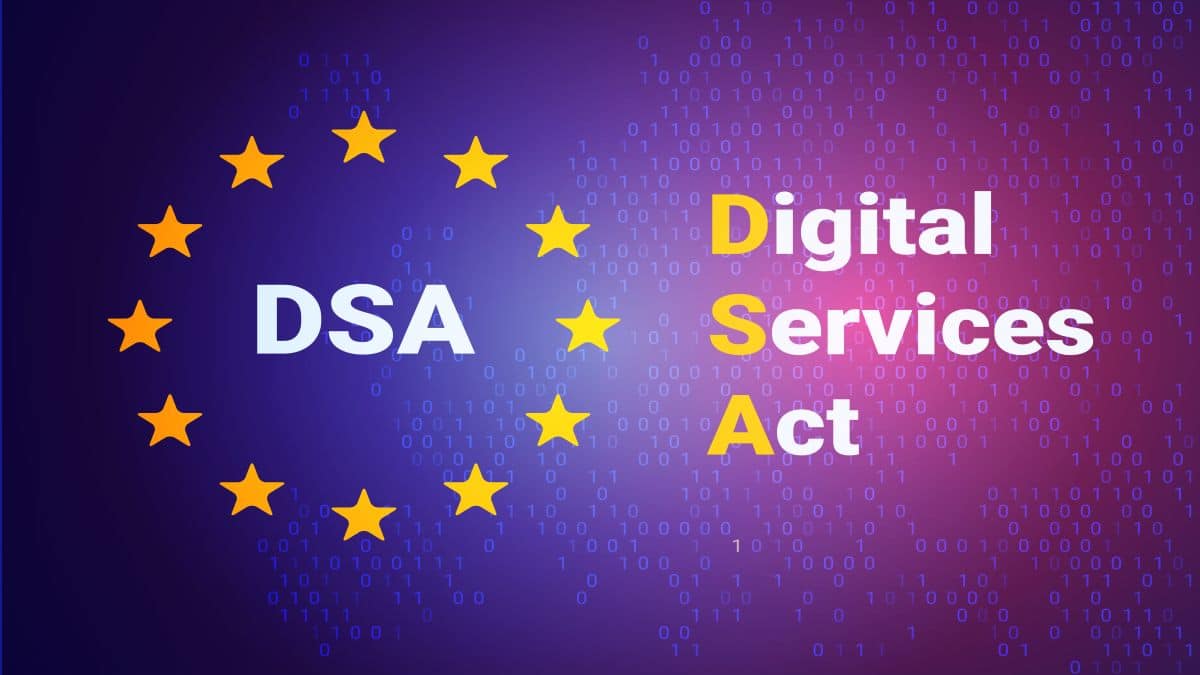
The EU DSA Act and Its Threat to Digital Freedom of Speech
The EU Digital Services Act (DSA) has raised significant alarms among critics who see it as a direct attack on digital freedom of speech. Many assert that this legislation could inadvertently lead to increased censorship and restrictions on online expression.
Critics express deep concerns that the DSA could promote arbitrary censorship, particularly concerning political and controversial speech. The DSA’s intent, to combat disinformation and enhance online safety, may come at the cost of silencing dissenters. Even notable figures, like Elon Musk, have labeled the DSA's enforcement as a form of political censorship, bringing the implications into sharp focus.
Moreover, the law's stringent content moderation requirements might infringe on essential freedoms that allow for genuine dialogue and debate. This broad scope raises pressing questions about what constitutes “harmful content” and who gets to define it. The potential for overreach is palpable, as the very mechanisms intended to protect users can also impede legitimate expression.
As the DSA moves forward, the tension between safeguarding users and preserving free speech continues to spark intense debate. Critics fear that the measures advocated by the DSA could be wielded to stifle open discussion rather than foster a healthy online environment.
In essence, while the DSA aims to enhance accountability for digital platforms, many worry that it risks undermining the very fabric of online discourse. The ongoing discourse surrounding the DSA highlights a delicate balance where safety and freedom of expression must be carefully weighed. For further insights on the implications of the DSA, check out this reputable source.
